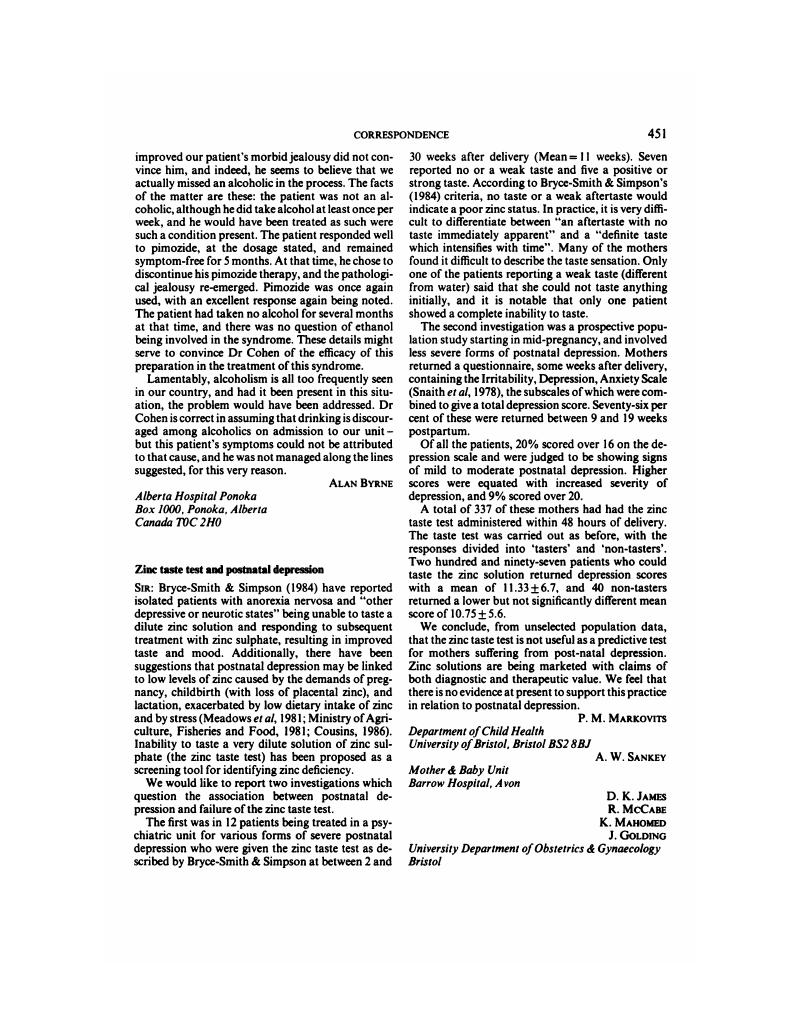Crossref Citations
This article has been cited by the following publications. This list is generated based on data provided by Crossref.
Meunier, N
O'Connor, J M
Maiani, G
Cashman, K D
Secker, D L
Ferry, M
Roussel, A M
and
Coudray, C
2005.
Importance of zinc in the elderly: the ZENITH study.
European Journal of Clinical Nutrition,
Vol. 59,
Issue. S2,
p.
S1.
Oldewage‐Theron, W. H.
Samuel, F. O.
and
Venter, C. S.
2008.
Zinc deficiency among the elderly attending a care centre in Sharpeville, South Africa.
Journal of Human Nutrition and Dietetics,
Vol. 21,
Issue. 6,
p.
566.
Tonelli, Marcello
Wiebe, Natasha
Hemmelgarn, Brenda
Klarenbach, Scott
Field, Catherine
Manns, Braden
Thadhani, Ravi
and
Gill, John
2009.
Trace elements in hemodialysis patients: a systematic review and meta-analysis.
BMC Medicine,
Vol. 7,
Issue. 1,
Rucker, Diana
Thadhani, Ravi
and
Tonelli, Marcello
2010.
Trace Element Status in Hemodialysis Patients.
Seminars in Dialysis,
Vol. 23,
Issue. 4,
p.
389.
Szewczyk, Bernadeta
Kubera, Marta
and
Nowak, Gabriel
2011.
The role of zinc in neurodegenerative inflammatory pathways in depression.
Progress in Neuro-Psychopharmacology and Biological Psychiatry,
Vol. 35,
Issue. 3,
p.
693.
Gruner, Tini
and
Arthur, Rachel
2012.
The Accuracy of the Zinc Taste Test Method.
The Journal of Alternative and Complementary Medicine,
Vol. 18,
Issue. 6,
p.
541.
Bhogade, Rajashri B.
Suryakar, Adinath N.
and
Joshi, Nitin G.
2013.
Effect of Hemodialysis on Serum Copper and Zinc
Levels in Renal Failure Patients.
Electronic Journal of General Medicine,
Vol. 10,
Issue. 3,
p.
154.
Mocchegiani, Eugenio
Romeo, Javier
Malavolta, Marco
Costarelli, Laura
Giacconi, Robertina
Diaz, Ligia-Esperanza
and
Marcos, Ascension
2013.
Zinc: dietary intake and impact of supplementation on immune function in elderly.
AGE,
Vol. 35,
Issue. 3,
p.
839.
Ghasemi, Mehdi
Phillips, Cristy
Trillo, Ludwig
De Miguel, Zurine
Das, Devsmita
and
Salehi, Ahmad
2014.
The role of NMDA receptors in the pathophysiology and treatment of mood disorders.
Neuroscience & Biobehavioral Reviews,
Vol. 47,
Issue. ,
p.
336.
Kilaru, Sindhu
Pereira, Prathiba
Subhash Chandra, BJ
Hattur, Basavanagowdappa
and
Chalasani, SriHarsha
2020.
A study of magnitude of zinc deficiency and effectiveness of zinc supplementation among elderly with zinc deficiency.
International Journal of Health & Allied Sciences,
Vol. 9,
Issue. 1,
p.
21.
Shimizu, Satoshi
Tei, Ritsukou
Okamura, Masahiro
Takao, Nobuteru
Nakamura, Yoshihiro
Oguma, Hidetaka
Maruyama, Takashi
Takashima, Hiroyuki
and
Abe, Masanori
2020.
Prevalence of Zinc Deficiency in Japanese Patients on Peritoneal Dialysis: Comparative Study in Patients on Hemodialysis.
Nutrients,
Vol. 12,
Issue. 3,
p.
764.






eLetters
No eLetters have been published for this article.